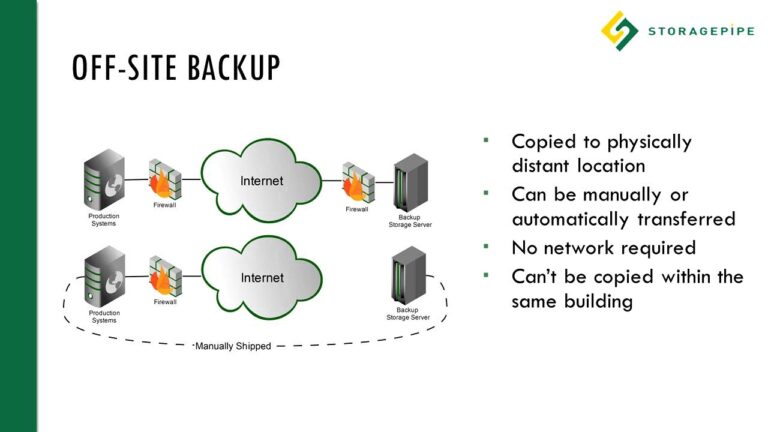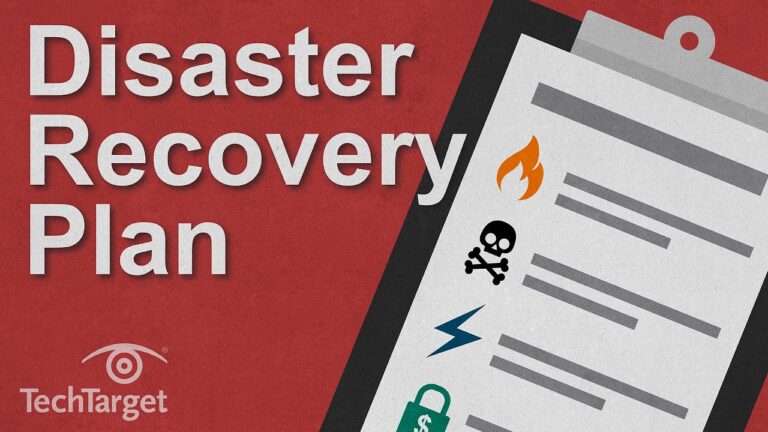WordPress Content Management Backup
WordPress Content Management Backup is essential to maintain the integrity of your data.
WordPress is one of the most widely used content management systems in the world, powering over 40% of all websites on the internet.
It’s a powerful and versatile platform that allows users to create and manage their websites with ease, but it’s not without its risks.
One of the biggest concerns for WordPress users is the potential loss of their website data due to a variety of factors, including human error, hacking attempts, or server crashes.
That’s why it’s essential to have a solid backup strategy in place to protect your website and its content.
In this blog post, we’ll explore the importance of WordPress content management backup and provide you with some tips and tricks to ensure that your website is always protected.
We’ll discuss the different types of backups available, including manual and automated options, and the benefits of each.
We’ll also take a look at some of the most popular backup plugins available for WordPress, and how they can help you keep your website safe and secure.
Backup your website regularly.
As a website owner, it is essential to prioritize the security and stability of your website. One crucial aspect of website management is maintaining regular backups of your content.
In WordPress Content Management Backup, this process involves creating a copy of your website’s files and data, which can be used to restore your site in case of any unexpected issues.
Backing up your website regularly helps to prevent data loss due to events such as hacking, server failure, or accidental deletion of files. Moreover, it allows you to roll back to a previous version of your website, should you encounter any errors or issues during updates or changes to your content.
By implementing a reliable backup strategy, you can ensure the long-term success and continuity of your website.
Choose a reliable backup plugin.
As a WordPress website owner, it is crucial to choose a reliable backup plugin for your WordPress Content Management Backup.
A backup plugin is a tool that creates a duplicate copy of your website’s content, including all of its files and databases.
In the event of a website crash, malware attack, or other unforeseen circumstances, having a backup of your website can be a lifesaver.
There are countless backup plugins available in the WordPress marketplace, but it is essential to choose one that is trusted and reliable.
A reliable backup plugin should be easy to use, offer automated backups, and have a proven success rate. It is also important to regularly test your backup plugin to ensure that it is working correctly and that your website’s backup is up-to-date.
By choosing a reliable backup plugin, you can rest assured that your WordPress Content Management Backup is in good hands.
Schedule automatic backups.
WordPress Content Management Backup is a crucial aspect of maintaining a website’s health and security.
An effective way to ensure that your website’s data is safe is to schedule automatic backups regularly.
This means that the backups will be taken automatically at a predetermined time and frequency, without the need for manual intervention.
By scheduling automatic backups, you can ensure that you always have a recent backup of your website’s content, including posts, pages, media files, and more, in case of any unexpected data loss or system failure.
This strategy can save you time and resources, as you don’t have to worry about remembering to take backups manually.
It’s important to configure the backup frequency and retention period based on your website’s needs, to ensure that you always have access to a recent backup.
By scheduling automatic backups, you can safeguard your website’s data and ensure that it’s always available when you need it.
Store backups offsite.
Storing backups offsite is an essential part of any comprehensive WordPress Content Management Backup strategy.
This is because, in the event of a disaster or a cyber-attack, having a backup copy of your website data stored offsite can ensure that you can quickly restore your website to its previous state without any significant data loss.
By storing backups offsite, you can also ensure that your backup data is safe from local disasters such as fire, flood, or theft. In addition, offsite storage also provides an added layer of security for your website data by protecting it from cyber-attacks such as ransomware or malware that can infect your local backup copies.
Therefore, it is highly recommended that you always store your WordPress Content Management Backup offsite, using secure and reliable cloud storage solutions or remote servers.
Test your backups frequently.
Managing your WordPress content and ensuring that your backups are up-to-date and functional is crucial.
It is not enough to simply create backups and assume that they will work in case of a data loss incident. It is important to perform regular backup tests to make sure that your backups are functioning as intended.
Testing your backups frequently helps you identify issues and correct them before they become a problem.
By testing your backups, you can ensure that your WordPress content management backup strategy is reliable and effective in protecting your website’s data.
Additionally, regular backup testing can give you peace of mind knowing that your data is secure and can be restored in case of an unforeseen event.
Check the backup file size.
Creating backups of your WordPress website, it’s important to check the backup file size.
This is an essential step in the WordPress Content Management Backup process, as it ensures that your backup is complete and accurate.
A backup that is too small may indicate that some of your website content is missing, while a backup that is too large may indicate that there are duplicate files or unnecessary data.
By regularly checking the backup file size, you can ensure that your WordPress website is fully protected and that you can quickly and easily restore it in case of any data loss or website issues.
Restore from backup if needed.
WordPress Content Management Backup is a critical aspect of website management, and restoring a backup is a crucial step in the process.
In the event of an unexpected issue, such as a website crash or data loss, a backup can be used to restore your site to its previous state.
When restoring a backup, it is important to first identify the source of the issue and ensure it has been resolved before proceeding.
Once the issue has been resolved, backup files can be uploaded to the server and restored to the website.
It is important to note that restoring a backup will overwrite any changes made to the website since the backup was created, so it is recommended to regularly backup your website to ensure you have the most up-to-date version in case it is needed in the future.
Keep backups up-to-date.
One of the most important aspects of a reliable WordPress content management backup plan is to ensure that all backups are kept up-to-date.
It is essential to recognize that data loss can happen at any time and for various reasons, including cyberattacks, hardware failure, or even human error.
Therefore, having an effective backup strategy in place is critical to prevent the loss of valuable data. Keeping backups up-to-date means that you have the latest version of your data available, which can help you restore your website quickly and effectively in case of an emergency.
Moreover, it is recommended to schedule regular backups and to store them in a secure location, either on a cloud server or an external hard drive, to minimize the risk of data loss and to ensure the continuity of your business operations.
Have a disaster recovery plan.
Having a disaster recovery plan is crucial for any organization that relies on technology for its operations.
This is especially true for those who use WordPress Content Management Backup to manage their website content.
A disaster, whether natural or man-made, can strike at any time and cause significant disruptions to your website.
A reliable backup solution can help you recover your website and its data in the event of a disaster. It is essential to have a comprehensive backup plan that includes regular backups, offsite storage, and testing to ensure that your backups are usable.
With a well-designed disaster recovery plan in place, you can minimize the impact of any disruptions and quickly get your website back up and running.
Consult with a professional.
With WordPress Content Management Backup, it’s important to consult with a professional. Although there is a plethora of online resources, consulting with an expert guarantees a customized backup strategy aligned with your unique needs and requirements.
A professional can provide guidance on the best backup plugins and services available, as well as assist in creating a schedule for regular backups.
Additionally, they can help to troubleshoot any issues that may arise during the backup process and provide support if data restoration is needed.
Don’t leave the safety of your website’s content to chance – consult with a professional to ensure that your WordPress Content Management Backup is comprehensive and reliable.
In conclusion, creating regular backups of your WordPress website is an essential task that should not be overlooked.
With the right backup strategy, you can ensure that your website data is protected and can be easily restored in case of a security breach, server failure, or any other unexpected event.
By using a reliable content management backup solution, you can have peace of mind knowing that your website data is always safe and secure.
Remember, prevention is always better than cure, so take the necessary precautions to protect your valuable website content.







